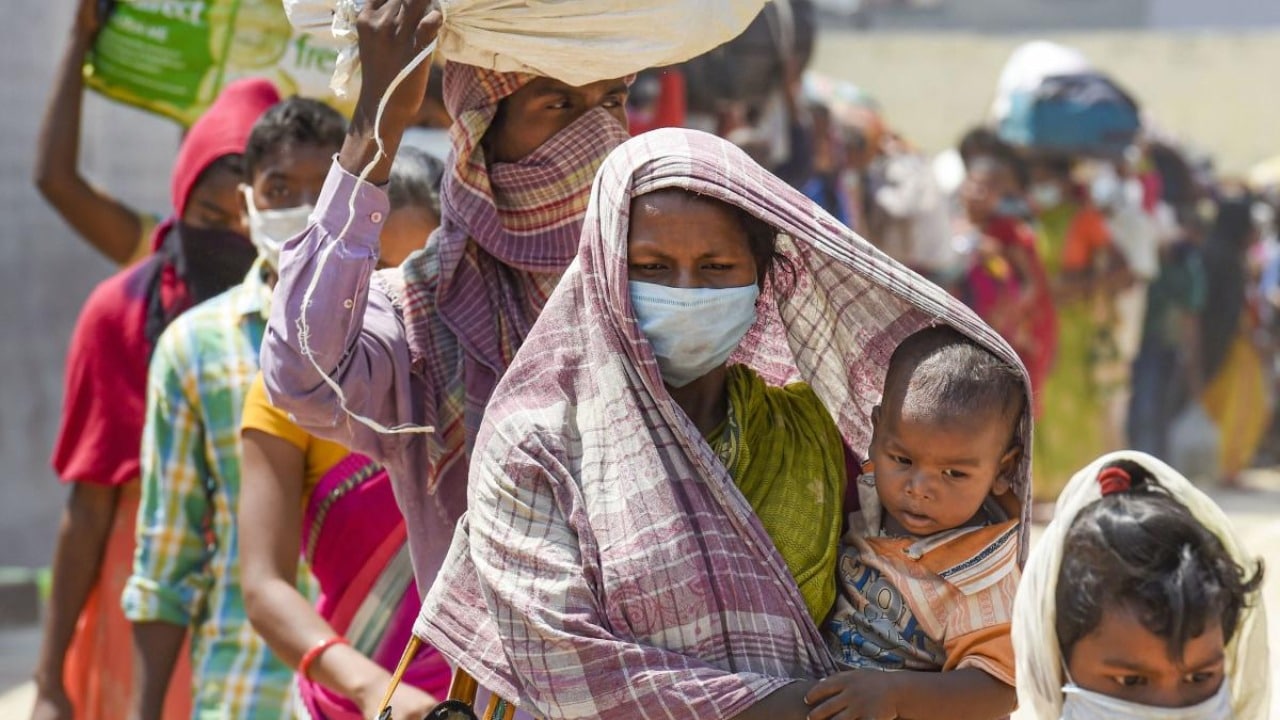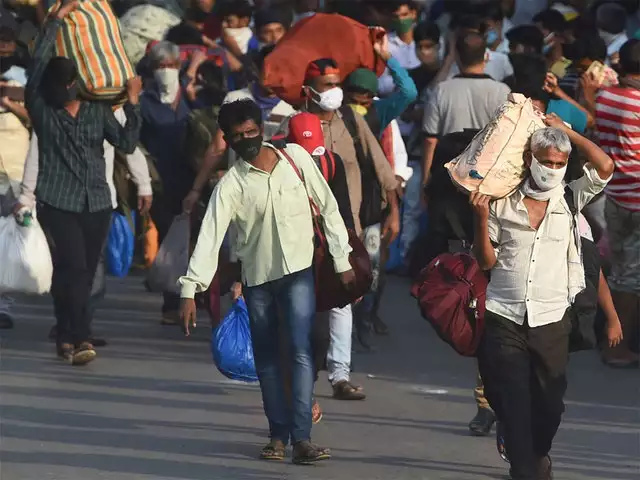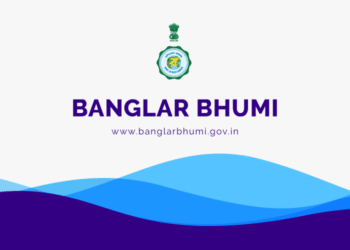On Wednesday, the World Bank announced a $500 million loan to support India’s social protection program for strengthening the informal working class to overcome the pandemic distress.
The Rs 3717.28 crore loan is said to create financial flexibility for the states to overcome the current pandemic as well as future climatic and disaster shocks.
World Bank Country Director in India, Junaid Ahmad said that “in a context where countries are increasingly facing cycles of an economic, pandemic, and climate shocks, investment in social protection is aimed at building the resilience of economies and livelihoods of communities.
This is the broader objective of the social protection programs supported by the World Bank in India.”

The $1.15 billion program, Coordinated and Responsive India Social Protection System (CCRISP), aims to accelerate the schemes under Pradhan Mantri Garib Kalyan Yojana (PMGKY).
The press release from the Bank stated that this program will provide more money in the hands of states to build decentralized and adaptive systems.
“Devolution of funds under the 15th Finance Commission recommendations will help states create a more adaptive social protection system, provide support to excluded groups, and cater to context-specific needs, not only for COVID-19 but also for any future crisis, ecological risk, or natural disaster.
Enhanced disaster relief funds to geographically targeted hot-spot districts will support states during the current phase of the pandemic and any future waves. Finally, the government has announced new urban platforms. The program will strengthen these platforms to deepen social protection coverage in urban areas.”
The World Bank’s concessionary lending arm, International Development Association (IDA) will finance $112.50 million out of the $500 million.
The rest $387.50 million will be loaned by the International Bank for Reconstruction and Development (IBRD). The final maturity will be 18.5 years, which includes a first years grace period.
A shared digital platform for the urban population will be created by a National Digital Urban Mission, through municipal-level investments.
This will help to scale up urban safety nets and social insurance for the informal workers. A more gender-inclusive approach will be adopted to integrate the women workers as well as the households headed by females.

The policymakers will thus be empowered to address the service delivery gaps which prevented the benefits to reach adolescent girls, tribal women, and widows.
This announcement comes after the Bank approved a nationwide program to revitalize the Micro, Small, and Medium Enterprise (MSME) sector.
A $500 million loan was approved by the World Bank’s Board of Executive Directors to support the sector hit by the Covid-19 pandemic, with a target of 555,000 MSMEs.
Also Read: Joe Biden Blames Climate Havoc Behind Record-Shattering Heatwaves Near The Pacific












